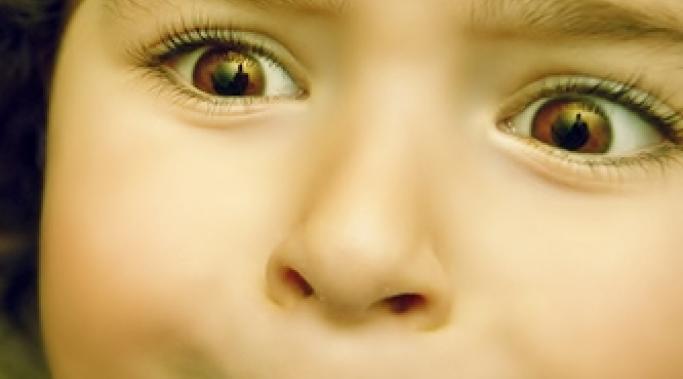Blogs
Low self-esteem is due to a variety of factors. But did you know your biology and past experiences make it even harder to develop healthy self-esteem? This vlog shows you how to validate and get rid of negative thorough patterns.
These are some of my favorite responses to the question, "Why aren't you drinking?"
In the past year I've met a few people who have very strong views about antidepressants, mostly with the opinion that they are unnecessary for treating depression effectively. It's easy to start to believe this, as long as I'm on my medication and am feeling positive. I've just had three days without one of my antidepressants, however, and I never want to go off it again.
When you have a mental illness, particularly bipolar disorder, your moods can alter rapidly, gradually or barely at all during periods of your life. It all depends on the individualized experience of the person who has the illness. Quite often, we self-stigmatize our emotions and ask, “Am I actually feeling a certain way because of my own pure emotions, or am I experiencing these emotions because of my mental illness?”
Anxiety affects us in profound ways. It colors the way we think, feel, and act. Anxiety, once it takes root (Anxiety in Our Brains), it becomes a lens through which we view the world. Our interpretation of what is happening in our lives is filtered through the anxiety disorder with which we live. To be sure, it’s uncomfortable at best to experience a world colored by our own anxiety, but thankfully, we can clean that lens. After all, as Marcus Aurelius wisely observed, “Everything we see is a perspective, not the truth.”
Feeling delusional and suicidal doesn’t lend itself to stable relationships of any sort, especially those of a romantic variety. Many people with mental illness, including me, describe a loss of friends, alienation from family, and a general sense of loneliness. The stigma of mental illness is very real and people tend to avoid us, rather than date us. Many people with mental illness, though, do reach recovery and lead relatively normal lives – including dating and marriage. What is the secret to finding love and disclosing mental illness to a love interest?
The topic of schizophrenia has always been an enticing one for many of us in society because of its intense symptoms, presentation, and resistance of the symptoms to many treatments. But once we begin to discuss the existence of schizophrenia as being present in the innocent world of children, we stop dead in our tracks, almost in fear, of the reality.
You wake up in the morning feeling horrible, your head is pounding, and you feel ashamed as well as furious with yourself. You tell yourself over-and-over again that today is the day you are going to stop drinking, that you will never again pick up a bottle. However, at the end of the day, you find yourself pulling up to the liquor store convincing yourself that you deserve to have a drink after such a stressful day and the cycle begins again.
Christmas is a tough time of year for me. After my maternal grandfather died on Christmas Eve when I was a child, my mother became emotionally abusive. In addition, the often overcast weather prevents me from getting enough sunlight. Add that to the fact that everyone expects me to be cheerful and you have a perfect storm for symptoms of mental illness.
So how do we, as people in recovery from mental illness, deal with holiday depression?
Perfectionism damages your self-esteem and it contributes to other mental health issues such as depression and anxiety. If you have low self-esteem, the chances are that you have unrealistic expectations of yourself. Expectations may be in terms of anything such as appearance, body weight, relationships, achievements, money, work, education, talents, abilities, personality or state of mental health. You believe you’re not good enough if you're not perfect and that contributes to low self-worth.










I believe she will only be able to rid herself of her demons, and hopefully her BPD as well, when she's ready to confront the abuse of her father. If she can put the blame where it belongs, she may stop projecting that victim/perpetrator cycle on the present men in her life. These demons are a metaphor for the purgatory she has created for herself. That reality has consequences in the real world, but it need not be real in the tangible sense. Exorcising her demons will require the expenditure of real physical energy and probably the destruction of aspects of her personality. If this ever happens, and it's possible but not probable, then these demons will evaporate. They are only as real as one's personality is real. In short, reality is not the question, it's what you make of the things you feel to be real.